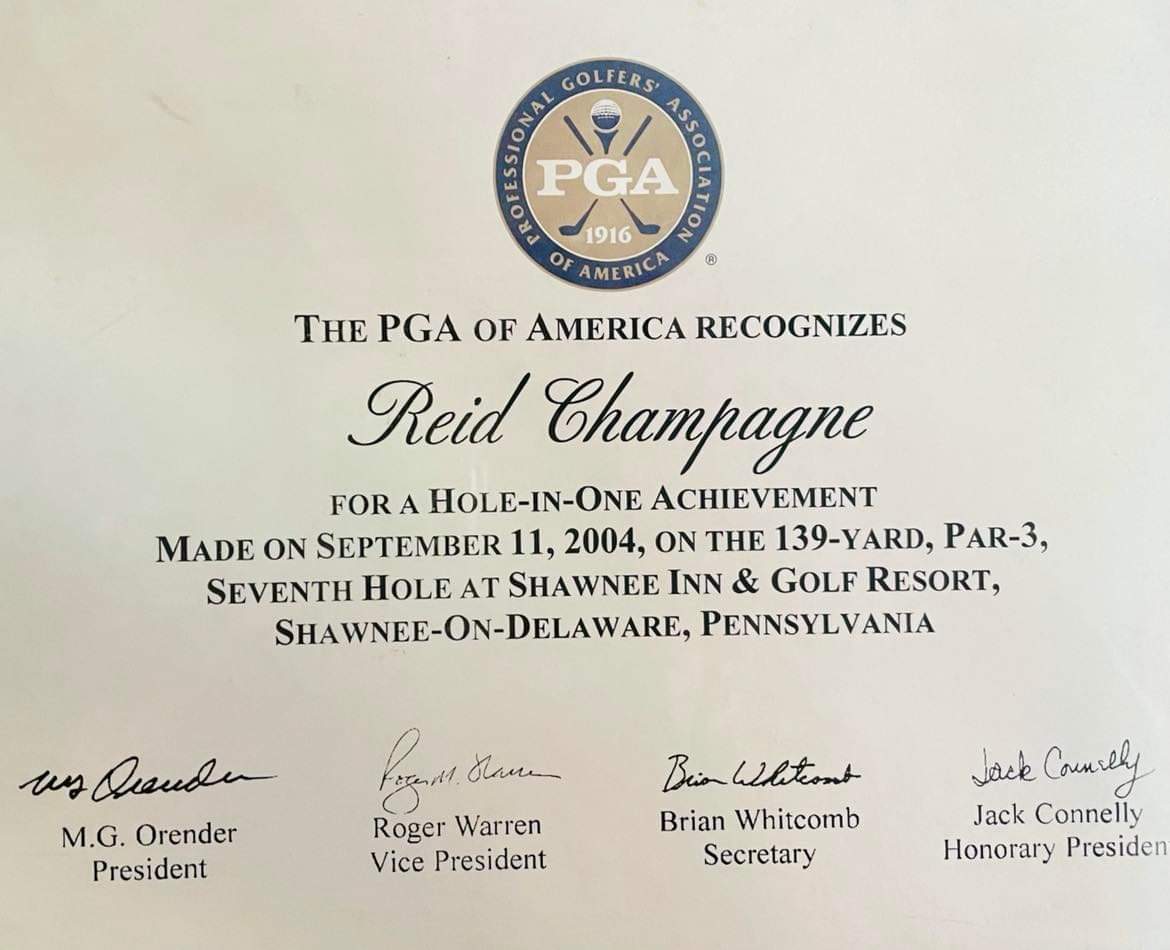
Not so glory days
November 4, 2021
I was listening to Bruce Springsteen’s “Glory Days” the other evening, focusing on the lyric of a high school pitcher who once had been able “to throw that speed ball by you [and] make you look like a fool.” And I thought back on some of my own near moments of greatness.
It wasn’t that I was bad at sports. Generally, I could run, field, hit, block, tackle, throw, catch, dribble, shoot, swing and putt. It was that I couldn’t do those things well in the moments they were required.
When I was about nine, I played shortstop on a cub scout softball team. I cleanly fielded a sharply hit ground ball. There was a runner on first. A simple flip to the second baseman would have gotten the lead runner and maybe start a double play. I was thrilled I had fielded the ball in the first place. In my exuberance, I whirled and threw, not to second base but to third. The pointless horror of the play was etched on the third baseman’s face, as if he’d just realized he’d had an accident in his pants.
The thing about glory days is that if you never had them, you don’t have to live your life missing them.
Playing hard ball as a twelve-year-old, I once accidentally connected on a fast ball that sent it all the way to the wall for a double. The next time I came up, I watched in quiet awe and smug pride, as the outfielders backed up to deeper positions, as I dug in at the plate. I struck out swinging on three pitches.
Then there was the time I made a perfect, open field block on a defender, as the kick returner on my team ran past us. My coach later praised the perfectly executed block, though he felt obligated to point out the kid I blocked was so fat and slow, he had no chance of catching the runner.
As a golf writer, I once had the opportunity to play in a PGA Tour Pro-Am. I was matched with tour player Kirk Triplett. To me, golf was more of a cerebral game, marrying moderate physical prowess with superior mental ability. Before our round, I had one of the best warm-ups on the driving range, I’d ever experienced, hitting everything solid and square on the club face. Then, stepping up to the first tee, with Mr. Triplett and a gathering of fans lining the tee box, I managed to whiff my first two swings, before dribbling one a few yards past the tee. Things never got much better for the rest of the day. At the end of the round, Kirk generously provided each of his amateur partners with a golf tip based on his observations of our play. When he got to me, he told me I needed to slow down my swing, though he did meet my own counter suggestion of a frontal lobotomy with a certain measure of regard.
Over the years I went on to be at the very doorstep of club golf greatness, only to see a poorly struck wedge turn a sure par five into an eleven, or a miserable shank into a pond my playing partner insisted hadn’t even been in play, costing us the flight championship in a member-guest tournament. To say nothing of the time I scored a hole-in-one, and still didn’t break 50 for that back nine.
The thing about glory days is that if you never had them, you don’t have to live your life missing them.



Be the first to comment